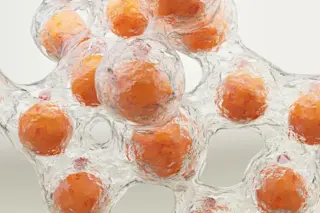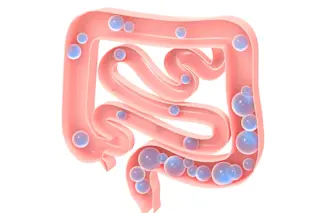Our immune system is basically one big balancing act---produce just enough cells to prevent infection but don’t overproduce to the point of unleashing an attack on our bodies. When production goes awry, autoimmune diseases can result, such as multiple sclerosis, rheumatoid arthritis and psoriasis. Now researchers have found that a seemingly-innocuous chemical may also contribute to autoimmune disease: salt. Autoimmune diseases are a product of both genetics and a host of environmental factors, such as lack of sunlight, infection and smoking. Salt has not previously been on that list, but three
published Wednesday in the journal Nature show a connection between high salt intake and autoimmune disease. The studies took two separate forms: cellular effects and effects at the organism level.
At the cellular level, it's known that a type of T cell called TH17 plays a role in immune disorders, but scientists weren’t sure what made these ...













